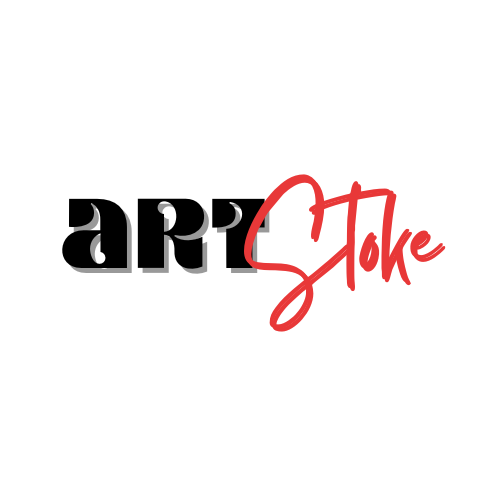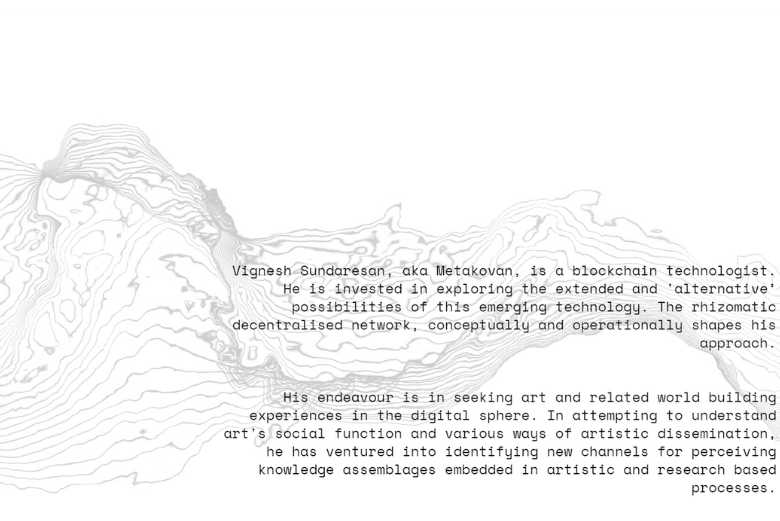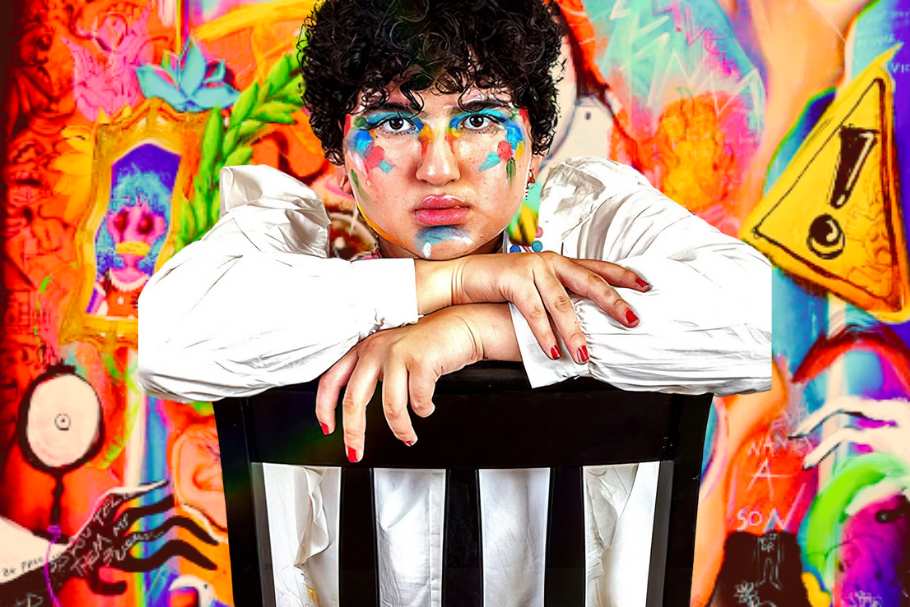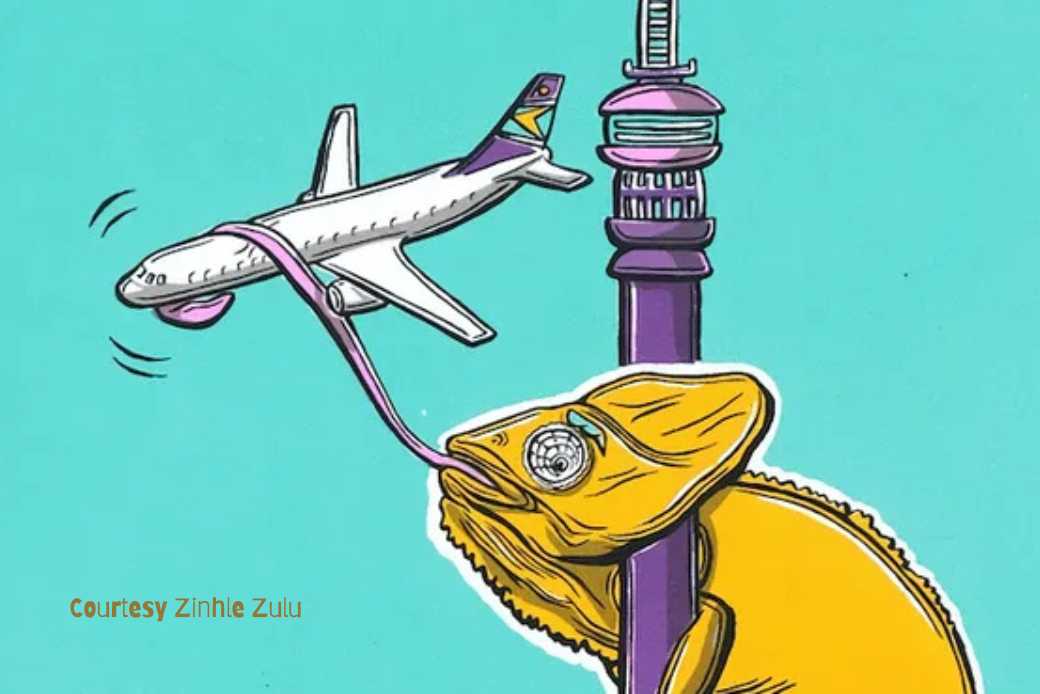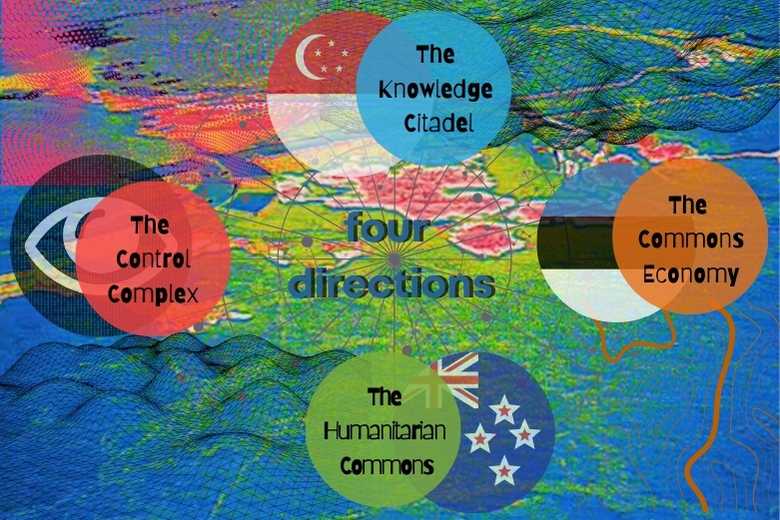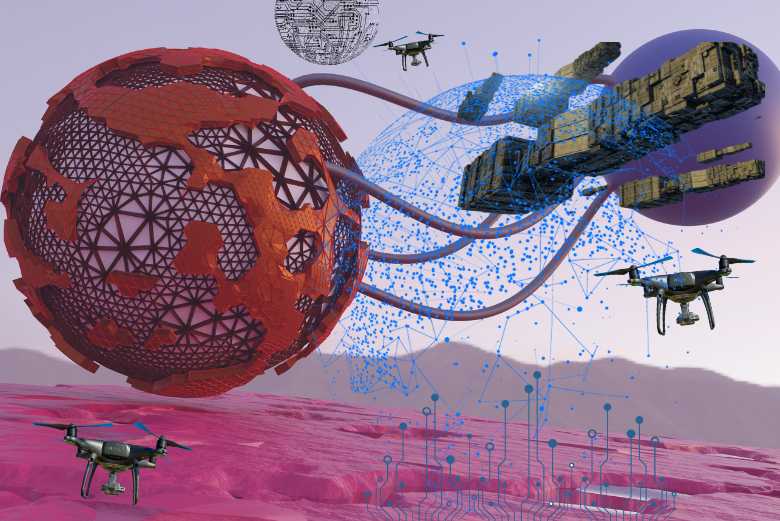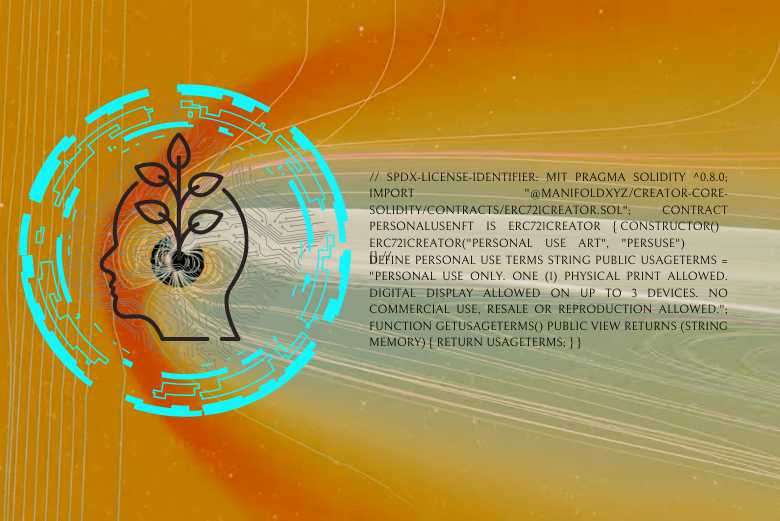
Latest
Why Gen Z Is Driving the Digital Future of Art
As Generation Z continues to influence the cultural landscape, the digital realm offers limitless possibilities for artistic expression, collaboration, and innovation. The fusion of technology with creativity is not just a trend – it represents a fundamental shift in how art is experienced and valued. By embracing digital platforms, artists can reach global audiences, challenge traditional boundaries, and contribute to…
15 Ways Blockchain & Digital Art Solve Real-World Problems
In a world increasingly shaped by technology, blockchain and digital art are proving to be more than just innovations – they are solutions to some of the most pressing challenges in art, culture and society. From democratizing access and protecting intellectual property to fostering inclusivity and transparency, blockchain is reshaping the art world.
Future Trajectories: Navigating the Commons Economy in South Africa
The Commons Economy is a vision of society that prioritizes individual freedom, data sovereignty and ecological stewardship. Here, communities thrive in a network of decentralized systems where technology is used to empower, not exploit. Governance is shared, privacy is protected and resources are allocated to support collective well-being.

